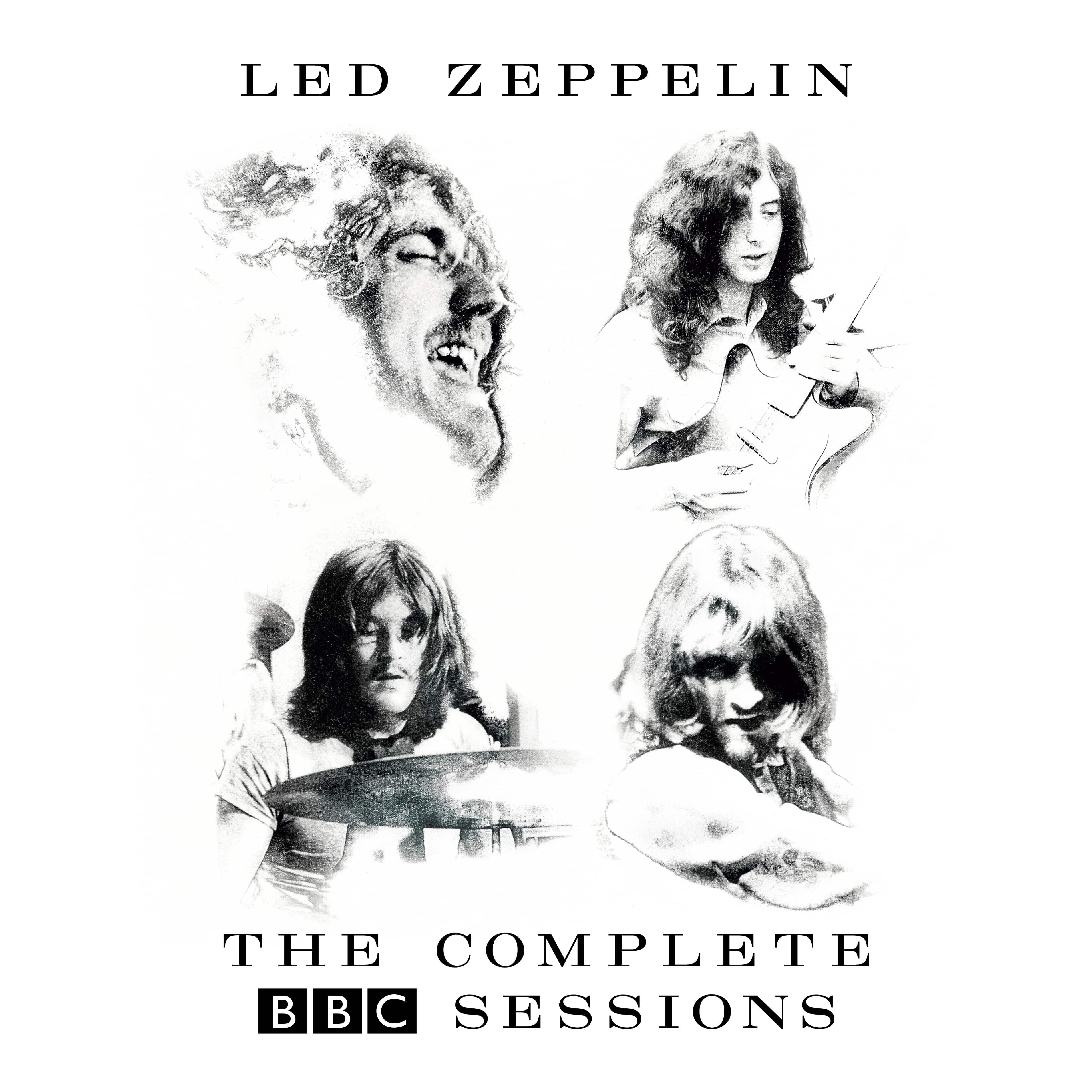Bob talks
Bob Stuart, creator of MQA, talks in detail about this revolutionary British technology that sets a new standard in capturing, delivering and reproducing digital audio.
Provenance Series: #3 Led Zeppelin
 |
The Complete BBC Sessions
This triple-disc set adds a third disc to the original 1997 compilation and was part of the 2016 remastering project supervised by Jimmy Page (guitarist and founder of Led Zeppelin). |
As we travel in the archive, we come across several examples where an artist wants to revisit an earlier recording because there is a creative impulse to overcome limitations from the technology of the day. In upcoming blogs, we will illustrate some of these ways in which the technology of the day inadvertently impacted or limited the sound or the mix and strategies to overcome them.
In 2016, Jimmy Page supervised collation, transfer and remastering of the Led Zeppelin archive, including several live and radio broadcasts. He worked alongside John Davis at Metropolis Studios in London. A key objective was to take advantage of the significant advances in mastering technology since 1991.
The archive notes include this comment from Drew Griffiths, one of the engineers on the project:
“The sources for these masters varied across multiple formats including 44.1/48khz digital files and analogue tape transfers. All of these were played through John Davis’ analogue gear and then all re-recorded at 96 kHz to avoid any format mismatches and to preserve as much quality as possible”.
Analogue remastering is a sensible choice for this type of music, while the practice of ensuring that digital release files have a larger capacity than some source tracks ensures that nothing is lost. This process, philosophically, is quite different from egregious upsampling or disguised upsampling (we will post some of these examples in the future).
To confirm this, we spoke with people who were at Metropolis while the transfers were made, examined the archive provenance and QA documents and cross-checked with senior label representatives at both Atlantic and Rhino.
For the MQA release, the 12th July 2016 96 kHz/24 transfer was chosen as the best asset in the archive; it had been remastered and approved by the artist as the release of choice.
What can be a better assurance of quality than it is signed off by the artist, engineer and their representatives?